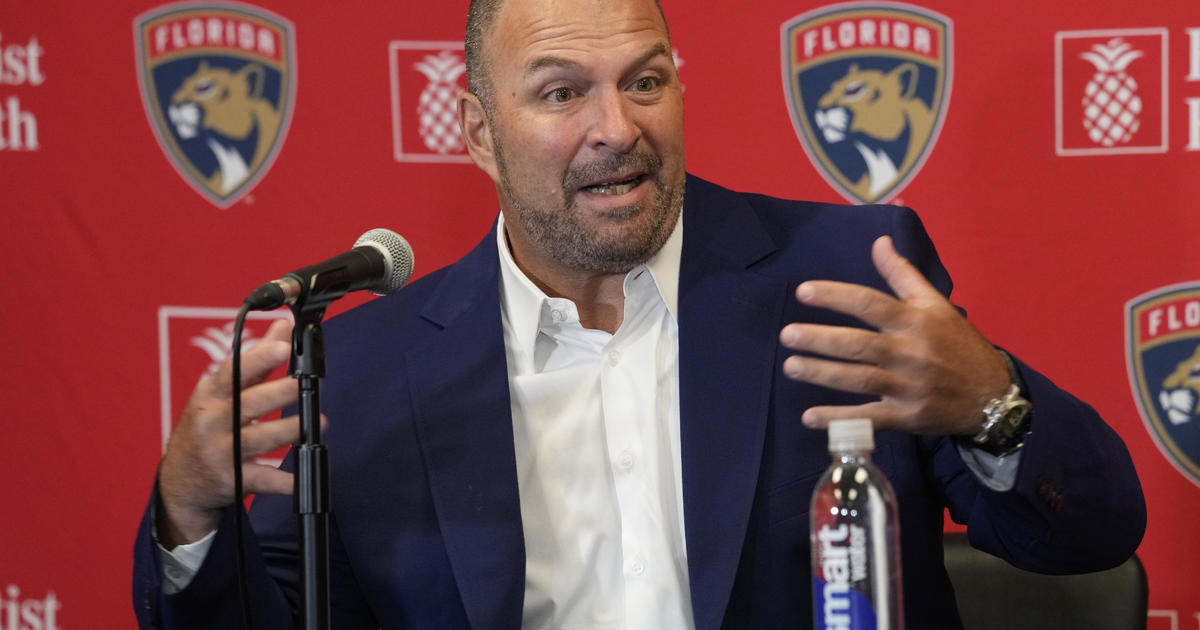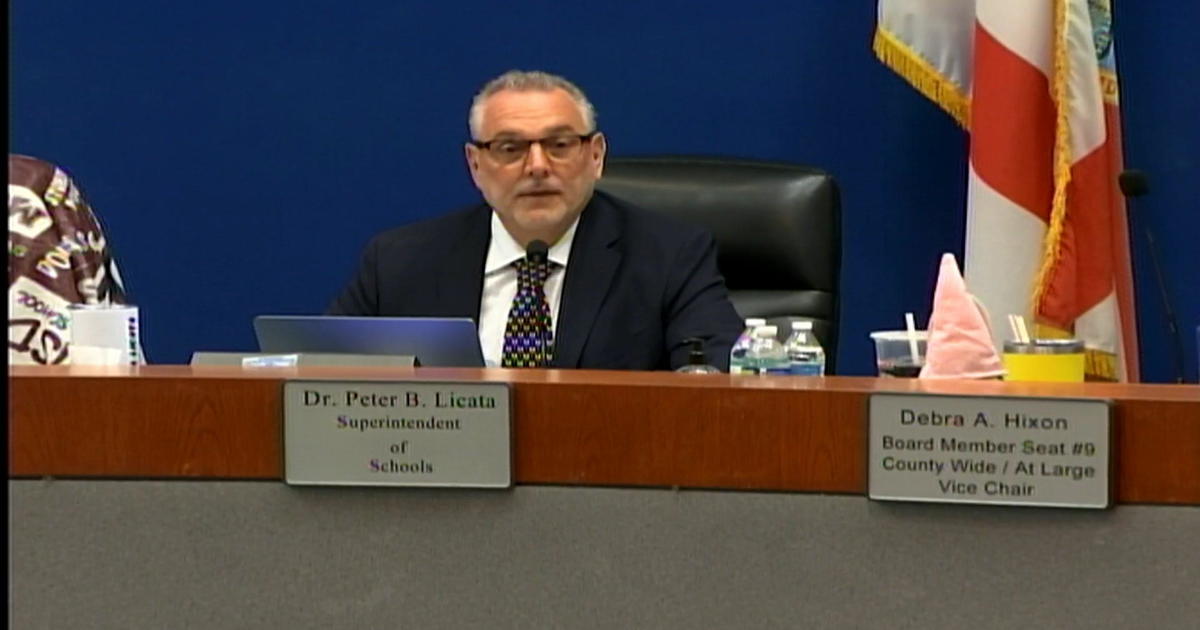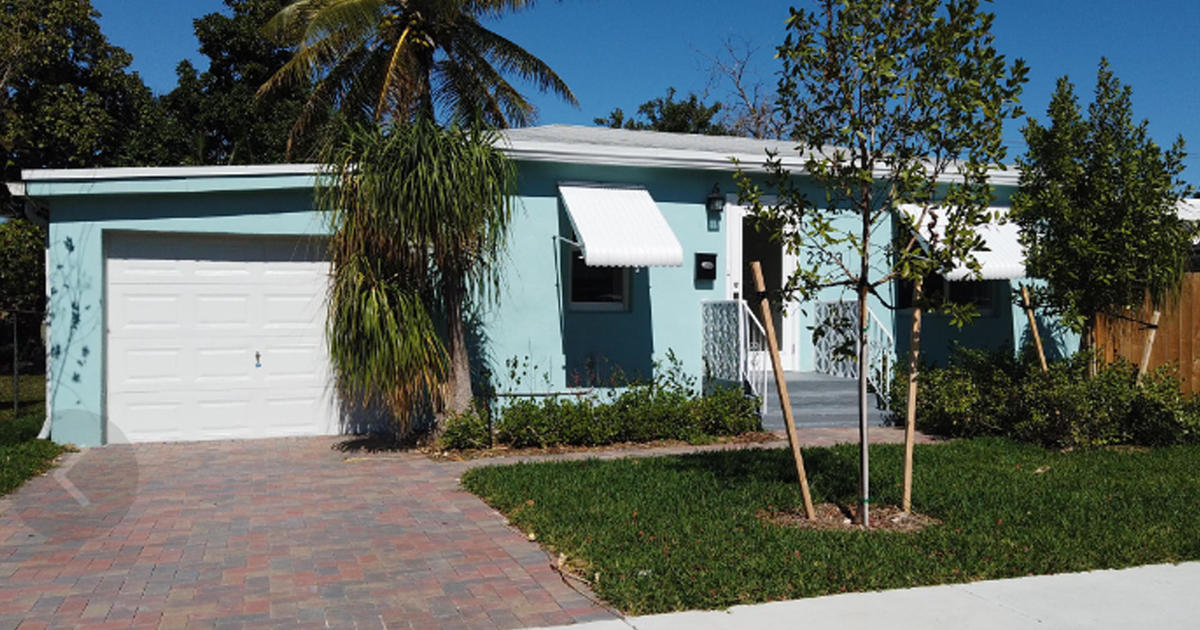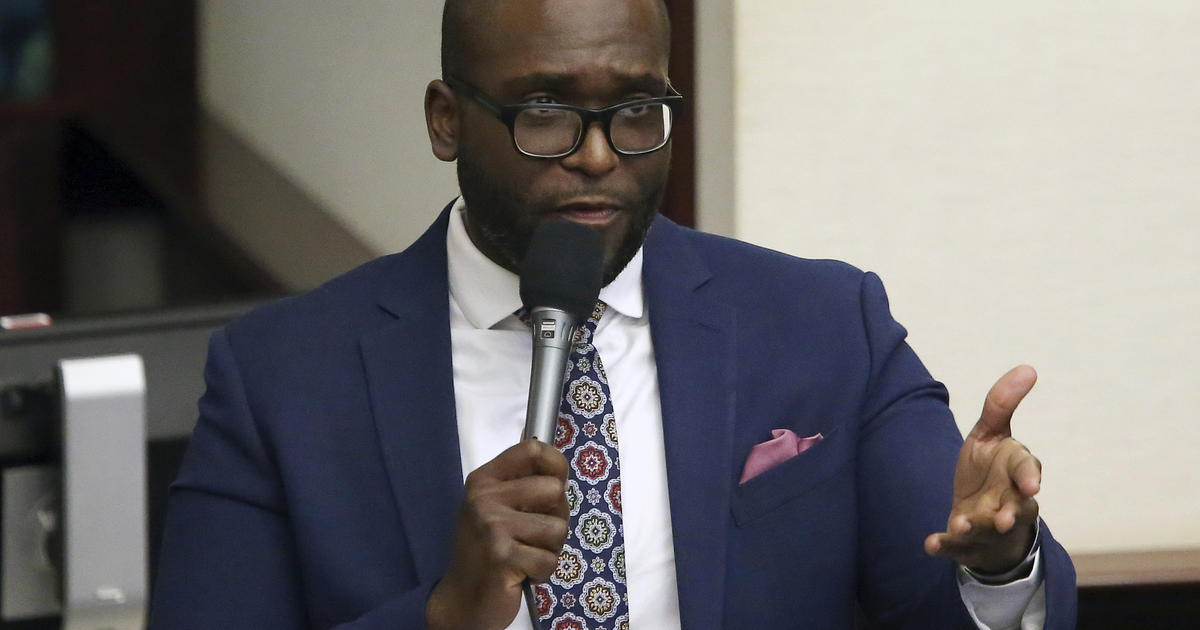Trump To Discuss Trade, Tariffs With Abe At Mar-a-Lago
Follow CBSMIAMI.COM: Facebook | Twitter
WEST PALM BEACH (CBSMiami) - Trade and a pending meeting with North Korean leader Kim Jong Un will be among the topics of discussion when Japan's Prime Minister Shinzo Abe meets with President Donald Trump at Mar-a-Lago.
The meeting will serve as a test of whether the fond personal relationship the two leaders have forged on the golf course and over meetings and phone calls has chilled following Trump's recent moves, including his decision not to exempt Japan from new steel and aluminum tariffs.
White House officials suggested that Trump was open to acceding to Abe's hopes to obtain a waiver to the protectionist measure, which went into effect last month. Most other key U.S. allies, including Australia, Canada, the European Union, and Mexico have been granted exemptions.
Issuing Japan the waiver to the Trump-ordered sanctions or opening negotiations on a new trade agreement with Japan are "all on the table," Larry Kudlow, the director of the National Economic Council, said Tuesday. "That's why this is such an important meeting."
Trump welcomed the two days of meetings at his Mar-a-Lago club.
Getting ready to meet Prime Minister Abe of Japan, a truly fine gentleman!
— Donald J. Trump (@realDonaldTrump) April 17, 2018
The official visit begins Tuesday afternoon with a one-on-one meeting followed by a small group discussion with top national security officials focused on the Kim summit. The president and first lady Melania Trump will also have dinner with Abe and his wife.
On Wednesday, the agenda will broaden to include other issues affecting the Indo-Pacific region, including trade and energy. Trump and Abe will also hold a news conference before the president and first lady host the Japanese delegations for dinner. Abe will return to Japan on Thursday morning.
Golf is not on the official schedule, but Japan's Chief Cabinet Secretary Yoshihide Suga said Tuesday that, "While playing golf, they can take time and exchange views on a range of issues while deepening their relationship of trust."
Trump and Abe played together during Abe's trip to Florida a year ago and during Trump's maiden presidential trip to Japan late last year.
The first time Trump hosted Abe at Mar-a-Lago shortly after the inauguration, North Korea conducted its first missile test of Trump's administration, and the two delivered a joint statement denouncing the launch.
This time, Abe's visit comes weeks after Trump took him, and the region, by surprise by announcing he had accepted an invitation to sit down with Kim following months of increasingly heated rhetoric over the North's nuclear weapons program. Matthew Pottinger, the National Security Council's senior director for Asian affairs disputed the notion that Japan was caught unawares by Trump's plans to sit down with Kim, but said this week's meetings were quickly scheduled after Trump accepted Kim's invitation to meet so that the two allies could discuss the summit.
Abe will be seeking reassurance from Trump that security threats to Japan won't be overlooked in the U.S.-North Korea summit, slated for May or early June. The Japanese premier has voiced fears that short- and medium-range missiles that pose a threat to Japan might not be part of the U.S. negotiations.
James Schoff, a former Pentagon adviser on East Asia policy and now a senior associate for the Asia program at the Carnegie Endowment for International Peace, said the North Korea summit will be front and center.
"Abe will want to know what Trump's trying to get out of the meeting and what he's willing to offer," Schoff said.
Takehiro Shimada, a spokesman for the Embassy of Japan, said the country will push Trump to reconsider his tariff decision.
"That's what we really wanted to ask the America side is, 'Why?'" he said.
Japan is also expected to express support for a U.S. return to the Trans-Pacific Partnership trade deal that Trump abandoned upon taking office. Trump opened the possibility of rejoining last week amid a trade dispute with China.
But Kudlow suggested that the U.S. rejoining the pact is far from certain, telling reporters Tuesday "it's more of a thought than a policy, that's for sure."
Kudlow added that Trump does not share the view of many U.S. Pacific allies that the trade agreement can serve as an economic bulwark to contain a rising China.
"The president regards them as two different issues," he said.
Both sides insist that Trump and Abe remain close. U.S. officials stressed that Trump has met with Abe more than any other world leader and say they've been in "constant contact" since Trump accepted Kim's invitation.
Abe is also expected to push the issue of Japanese abductees, one of his top policy priorities. Pyongyang has acknowledging abducting 13 Japanese, while Tokyo maintains North Korea abducted 17. Five have been returned to Japan. North Korea says eight others died and denies the remaining four entered its territory. Japan has demanded further investigation.
Shimada said Abe would make the case to Trump that releasing the abductees could help North Korea prove they can be trusted to negotiate in good faith.
The U.S. itself is pushing for the release of three Americans.
After five years in office, Abe is one of Japan's longest-serving, post-World War II prime ministers but has suffered plummeting poll ratings over allegations that a school linked to his wife received preferential government treatment in a land sale.
(© Copyright 2018 CBS Broadcasting Inc. All Rights Reserved. The Associated Press contributed to this report.)



